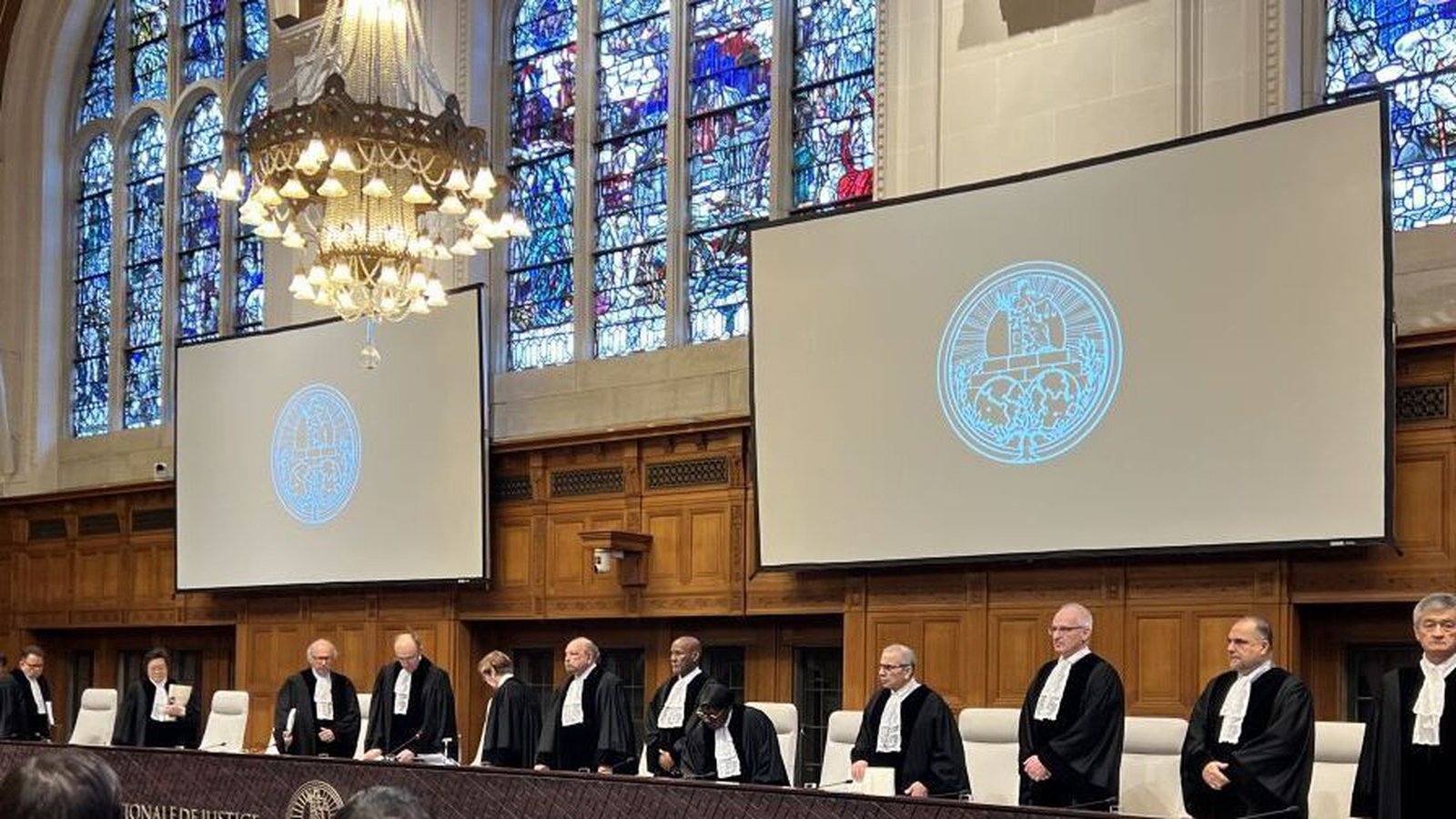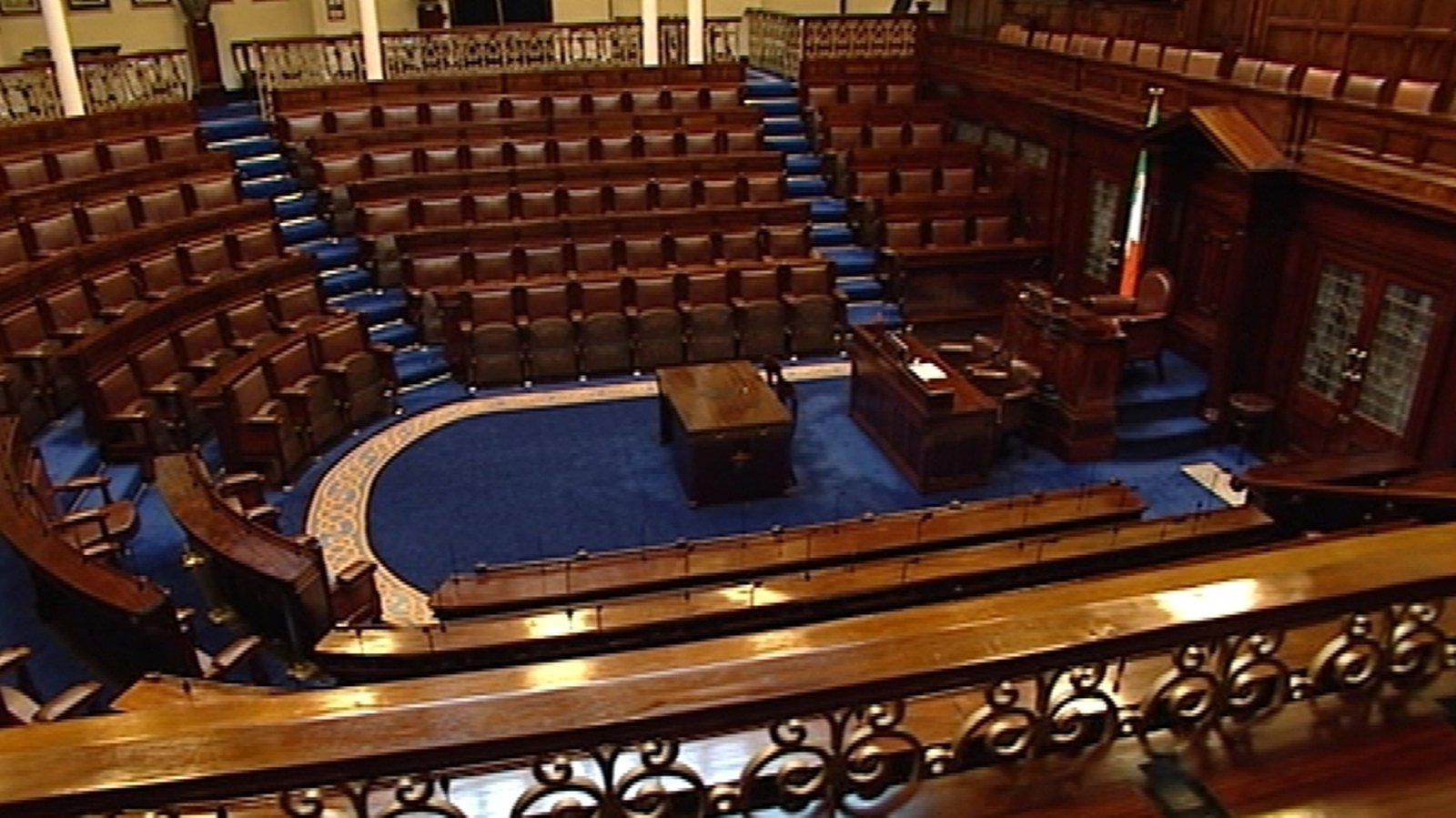Gaza plan ‘not a good deal’ but accepted
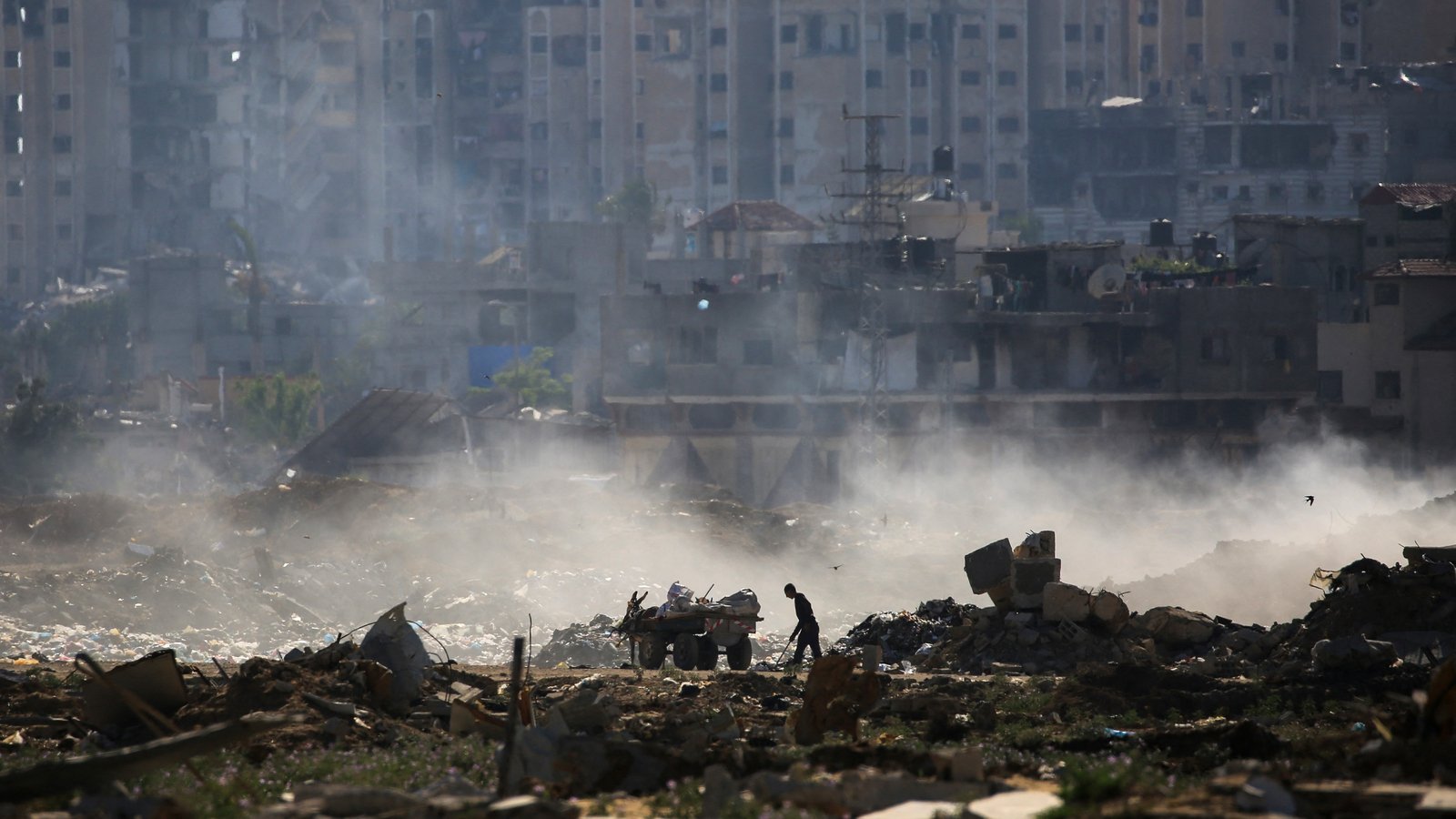
An aide to Israeli Prime Minister Benjamin Netanyahu confirmed that Israel had accepted a framework deal for winding down the Gaza war now being advanced by the US President Joe Biden, though he described it as flawed and in need of much more work.
In an interview with Britain’s Sunday Times, Ophir Falk, chief foreign policy advisor to the Israeli prime minister, said Mr Biden’s proposal was “a deal we agreed to, it’s not a good deal but we dearly want the hostages released, all of them”.
“There are a lot of details to be worked out,” he said, adding that Israeli conditions, including “the release of the hostages and the destruction of Hamas as a genocidal terrorist organisation” have not changed.
Later, the US State Department said Secretary of State Antony Blinken held separate phone calls about the proposal with Israeli Defence Minister Yoav Gallant and Benny Gantz, a centrist minister who joined Mr Netanyahu in an emergency coalition.
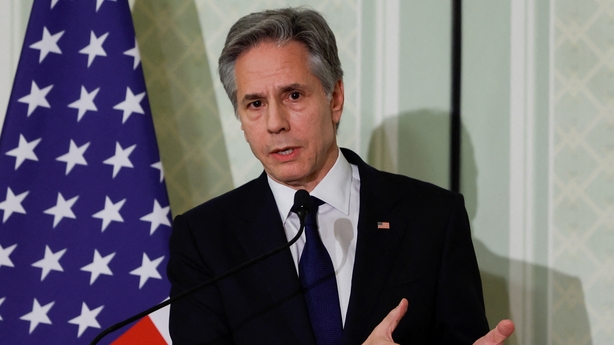
In the call with Mr Gantz, the US secretary of state “emphasised that Hamas should take the deal without delay,” the department said in a statement.
In a separate statement, the State Department said that in the call with Israeli defence minister, Mr Blinken “commended Israel’s readiness to conclude a deal” and “underscored that the proposal would advance Israel’s long-term security interests, including by enabling the possibility of further integration in the region.”
Mr Biden, whose initial lockstep support for Israel’s offensive has given way to open censure of the operation’s high civilian death toll, on Friday aired what he described as a three-phase plan submitted by the Netanyahu government to end the war.
The first phase entails a truce and the return of some hostages held by Hamas, after which the sides would negotiate on an open-ended cessation of hostilities for a second phase in which remaining live captives would go free, Mr Biden said.
The primary sticking point has been Israel’s insistence that it would discuss only temporary pauses to fighting until Hamas is destroyed. Hamas, which shows no sign of stepping aside, says it will free hostages only under a path to a permanent end to the war.
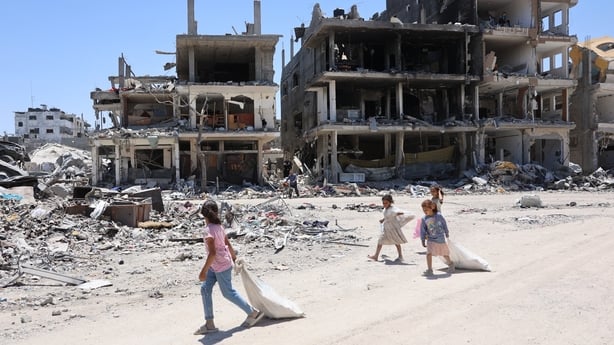
In his speech, Mr Biden said his latest proposal “creates a better ‘day after’ in Gaza without Hamas in power”. He did not elaborate on how this would be achieved and acknowledged that “there are a number of details to negotiate to move from phase one to phase two”.
Mr Falk reiterated Mr Netanyahu’s position that “there will not be a permanent ceasefire until all our objectives are met”.
Mr Netanyahu is under pressure to keep his coalition government intact.
Two far-right partners have threatened to bolt in protest at any deal they deem to spare Hamas.
Hamas has provisionally welcomed the initiative by the US president, though a senior official from the group, Sami Abu Zuhri, said that “Hamas is too big to be bypassed or sidelined by Mr Netanyahu or Biden.”
Hamas wants a guaranteed end to the Gaza offensive, withdrawal of all invading forces, free movement for Palestinians and reconstruction aid.
Israeli officials have rejected that as an effective return to the situation in place before 7 October, when Hamas, committed to Israel’s destruction, ruled Gaza.
Hamas fighters precipitated the war by storming across the border fence into Israel, killing 1,200 people and taking more than 250 hostages, according to Israeli tallies.
In the ensuing Israeli assault that has laid waste to much of the impoverished and besieged coastal enclave, more than 36,000 Palestinians have been killed, Gaza medical officials say. Israel says 290 of its troops have died in the fighting.

